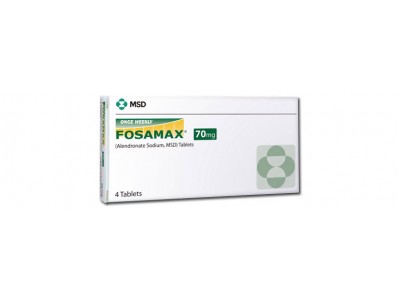Taking Prolia (denosumab) and alendronate (Fosamax) together is generally not recommended. Both medications are used to treat osteoporosis, but they work in different ways. Alendronate is a bisphosphonate that slows down bone loss, while Prolia is a monoclonal antibody that inhibits bone resorption by targeting a protein involved in the formation and function of osteoclasts, the cells responsible for breaking down bone.
Using both medications concurrently may not provide additional benefit and could potentially increase the risk of adverse effects. Common side effects of both drugs include gastrointestinal issues for alendronate and skin infections or hypocalcemia for Prolia. Taking them together might compound these risks without a clear advantage in bone density improvement.
In clinical practice, switching from one medication to another might be considered if the first one is not effective or suitable for the patient, but overlapping use is typically avoided. Your healthcare provider will weigh the benefits and risks based on your specific medical history, the severity of your osteoporosis, and how well you tolerate each medication.
If you're considering combining these medications or transitioning from one to another, it's crucial to discuss this with your healthcare provider. They can provide personalized advice and closely monitor your treatment to ensure it's both safe and effective for your condition. Regular bone density tests and other evaluations may be necessary to track your progress and adjust your treatment plan as needed.

